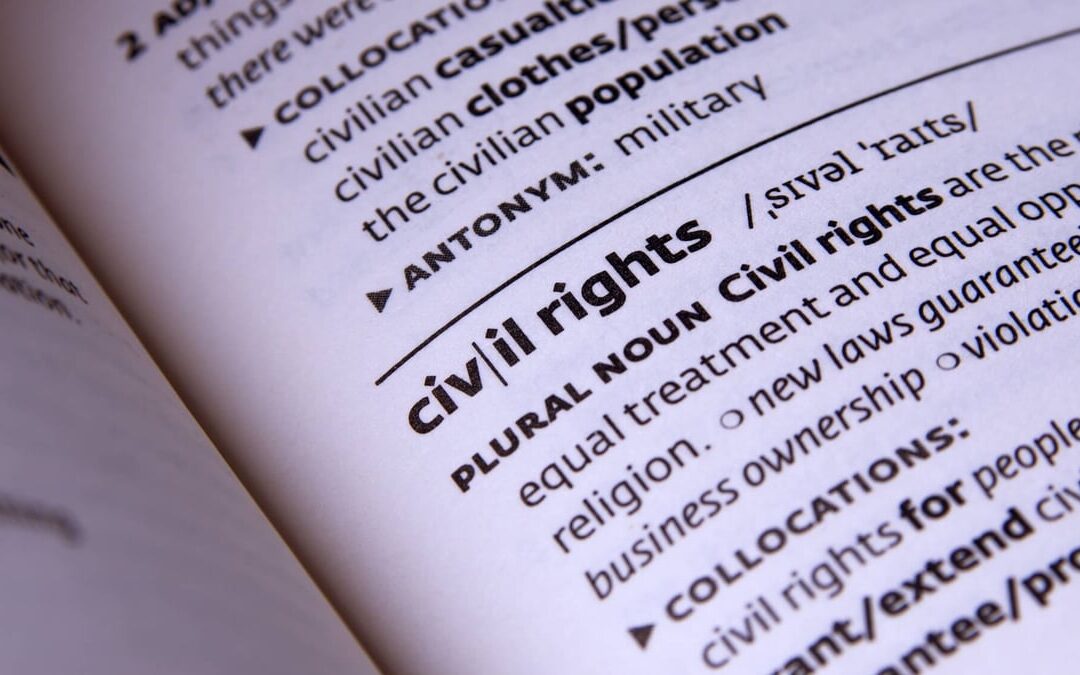In honor of John Locke, the seventeenth century English philosopher whose important and ground-breaking writings argued for the rights of each single human being, Individual Rights Day is celebrated on August 29th, which is the anniversary of the date of Locke’s birth.
According to John Locke, “Anything that a man has as a matter of human rights or civil rights is to remain inviolably his.” And, although Locke conceded that humans often need to surrender some of their natural rights in exchange for the collective protection afforded by societies, he held that basic individual rights include these: life, liberty, property, freedom of speech, freedom of religion and freedom to petition the government.
Locke’s concepts were inspirational for those who would eventually become thinkers of the Enlightenment in the late 17th century, but his influence would live far beyond. Obviously, his impact continues into the political realm throughout Europe, North America and many other places as well. Individual Rights Day is a celebration of this!
History of Individual Rights Day
Individual Rights Day was initiated by the founder and presidential candidate of the Objectivist Party, Dr. Tom Stevens. Stevens is an American politician from New York City, who supports John Locke’s philosophies regarding the rights of society’s smallest minority and most basic unit – the individual.
In addition, the Objectivist political party seeks to promote the concepts by Alice O’Connor, better known by her pen name, Ayn Rand. Rand was a Russian born American writer and philosopher who authored many books around the concepts of the Libertarian movement from the 1930s up until right before she died in 1982.
After its founding by Tom Stevens, Individual Rights Day has been observed each year since, particularly by those who have political leanings in the direction of the Objectivist Party and the Libertarian Party. But most of all, the philosophies are centered around the work of the day’s hero, the venerable John Locke!
How to Celebrate Individual Rights Day
Of course, each and every individual has a right to celebrate and observe this day in any way they want! However, Individual Rights Day might be a good time to engage in some of these activities:
Read Some of John Locke’s Work
One way to celebrate Individual Rights Day might include reading about John Locke and his views. Certainly, some research can be done on the internet, but it also might be a good idea to head over to a local library and check out some books either written by him or written about him by others. Several of Locke’s writings might be best researched under their individual titles, including some of these:
- Two Treatises on Government
- Some Thoughts Concerning Education
- An Essay Concerning Human Understanding
- A Letter Concerning Toleration
Host an Individual Rights Day Gathering
Some people might want to take Individual Rights Day as an opportunity to gather with friends, family, coworkers, or others in the community to share the common experience of showing appreciation for the rights of individuals. This could be just an intimate little dinner party where the guests discuss the important political topics of the day, or it could be a community event where lecturers are invited to share their expertise and the group is allowed to learn as well as ask questions.
Learn More About Individual Rights
Another important way to observe Individual Rights Day might be to take some time to review the commitment of your country to the protection of rights while appreciating the value of freedom and the sacrosanct nature of individual rights. Certainly, this is a great day to be thankful and show appreciation for the availability and privilege that comes with access to certain rights.
Some of the most basic and important rights that are included in the celebration of this day would be:
-
The right to an adequate standard of living, including physical and mental health.
-
The right to education.
-
The right to work, as well as decent working conditions.
-
The right to social security.

